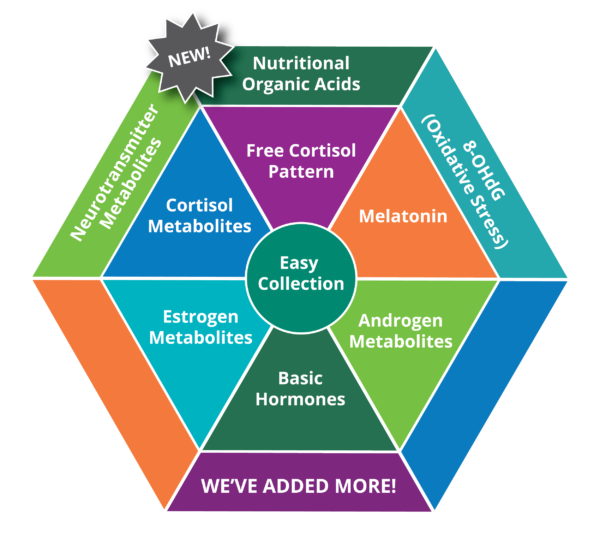What is the difference between allergy and intolerance?
The term ‘food intolerance’ and ‘food allergy’ are often confused and are two very different things.
Genuine food allergy is relatively rare. Only about 2% of the adult population are affected. A food allergy is a swift response by the body’s immune system to a food protein when the body’s immune system mistakes a food for an ‘invader’. This results in a rapid and intense allergic reaction, often within minutes but generally within a maximum of two hours. Allergic reaction is commonly associated to peanuts, eggs or seafood.
Food intolerance is characterised by a slow and non-life threatening immune re response. Food intolerances are much more common than food allergies.
When foods and drinks are digested the proteins within them are broken down into smaller fragments for easy absorption into the body. Larger fragments can pass through without breaking down, and can drive the immune system to produce antibodies called Immunoglobulin G’s (IgG).
A recent study* has shown that those who eliminated trigger foods based on food-specific IgG test results had reductions in weight, body mass index, waist and hip circumference and improvements in all indicators of quality of life that were measured. The quality of life indicators included physical and emotional wellbeing, mental health, social life, pain levels and vitality.
Allergy vs Intolerance what are the specific responses?
Food Intolerance: Reactions up to 72 hours after eating; Multiple foods can be involved; Any organ system can be affected; Very common Trace amounts of foods can cause reactions; Caused by raised IgG antibody; Symptoms can clear after avoidance (3-6 months)
Food allergy: Immediate reactions (2 hours or less); Rarely more than 1 to 2 foods; Primarily skin, airways and digestive system; Difficult to self-diagnose; Caused by raised IgE antibody and therefore life-long Lifelong
On average people who suffer from food intolerances usually have between 4 and 8 trigger foods.
More information about prices and nutritional counseling available alongside food sensitivity testing
It is possible to simply order a test. There is no charge for us to organise your food intolerance test. As part of the test you will receive a comprehensive report outlining which foods to avoid, which to reduce and which are perfectly safe. If no food sensitivity is identified you will be refunded the price of your test.
If you are struggling with your health or find it difficult to know what to eat I recommend that you also book a consultation alongside your food testing.
Symptoms of food intolerance include:
Many people suffer for years, having formed a coping mechanism to deal with the symptoms without necessarily getting to the bottom of it.
Food intolerance is a condition with a wide range of symptoms including: including gut symptoms, bloating, migraines, low mood, weight gain, fatigue and skin problems.
More specifically the following symptoms can often improve and sometimes clear completly when avoiding the foods that trigger IgG immune response.
Abdominal Pain
Aches and Pains
Acne
Bloating
Constipation
Chronic Fatigue Syndrome
Diarrhoea
Dizziness
Eczema
Fatigue
Irritable Bowel Syndrome (IBS)
Itching
Fluid Retention
Headaches
Hyperactivity
Migraine
Nausea
Rashes
Rhinitis
Sinusitis
Stomach Cramps
Tension
Tiredness
Urticaria
Weight loss/Weight Gain
Wheezing.

